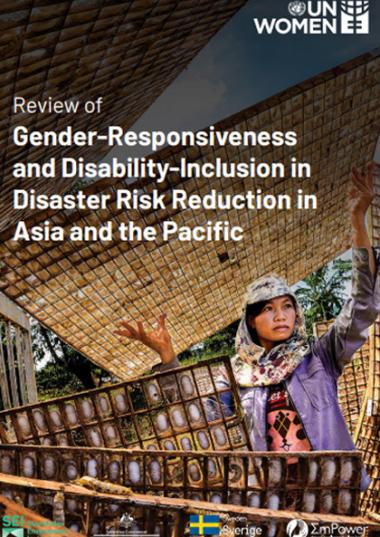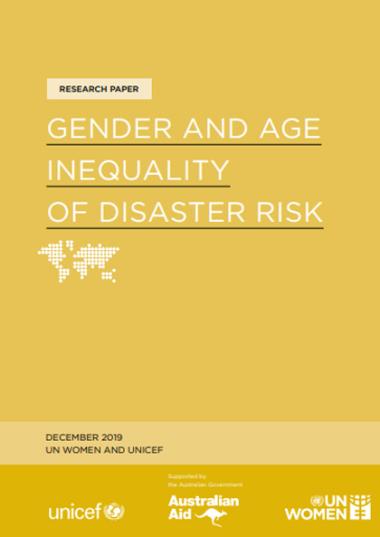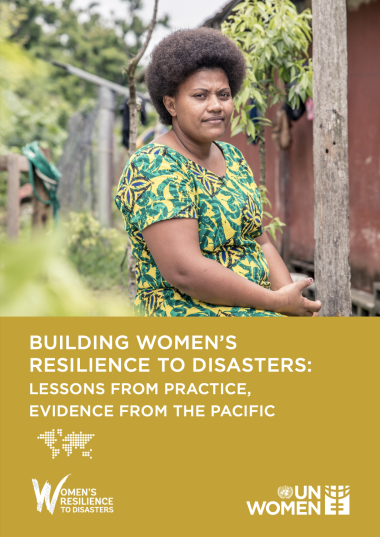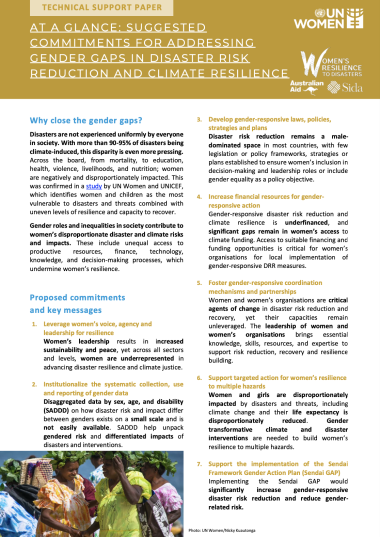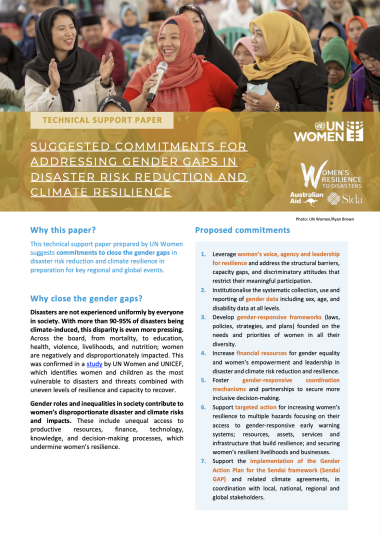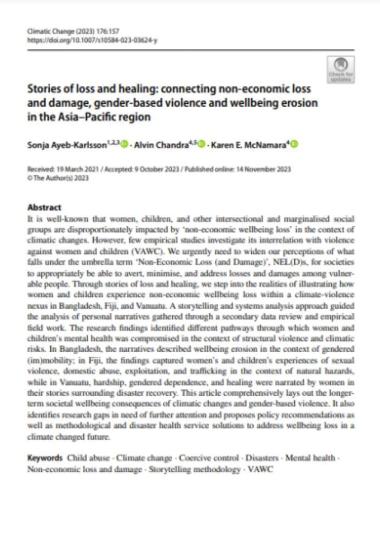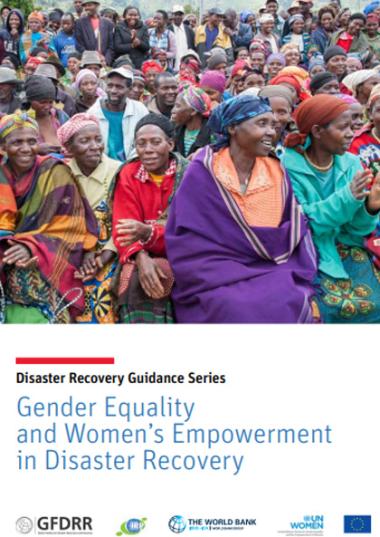
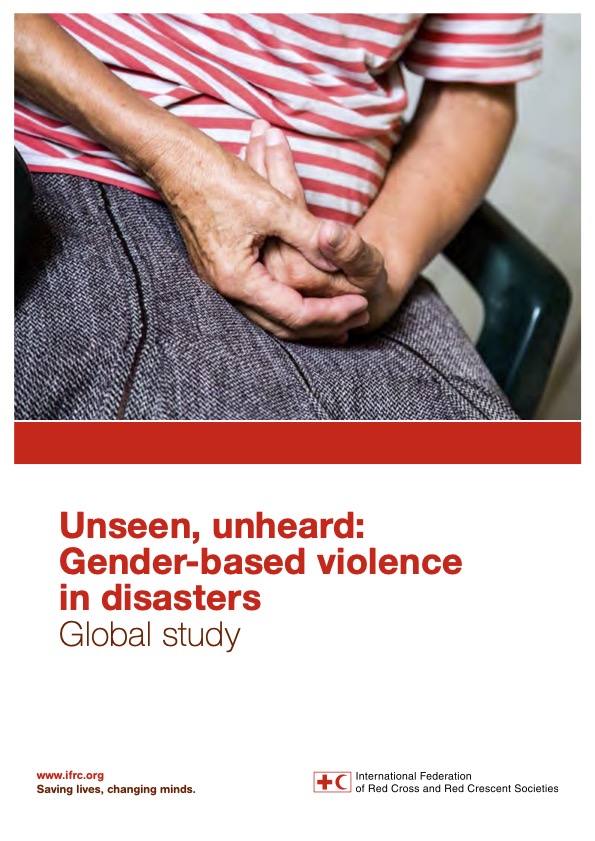
This study, commissioned by the International Federation of Red Cross and Red Crescent Societies (IFRC), is designed to foster discussion about gender-based violence (GBV) occurrence during disasters within both the Red Cross Red Crescent Movement and the larger humanitarian community. This report is based on a review of academic literature and practitioner reports, and country-based research carried out between May and August 2015 in nine disaster-affected countries selected to provide a variety of regional perspectives. The report is intended for the broader humanitarian community, including national and local authorities, National Societies, other local civil society organizations, and international organizations.
During past disasters, GBV has been largely unseen and unheard. This study concludes that more should be done to determine the frequency of GBV during disasters, the forms it takes, and what disaster responders can and should do to prevent GBV and respond effectively when it occurs. In particular, more research is needed to clarify the relationship between displacement and GBV in disaster settings, and the degree to which the restoration of livelihoods reduces its incidence.
The report provides the following recommendations to the humanitarian community:
- Assume that GBV is taking place, even if no reliable data are available.
- Develop and incorporate strategies for preventing and addressing GBV in organizational responses and cultures, by raising awareness, taking measures to prevent sexual exploitation and abuse by disaster responders, building local capacity, and working in partnership with other organizations.
- Ensure that GBV and the safety of women and children are considered in all disaster preparedness and planning.
- Recognize the role that livelihood support can play in preventing GBV, and prioritize livelihood projects for those most at risk from it.
- Research and gather evidence on GBV in disasters; use it to inform policy.
- Recognize the risks that GBV poses in health emergencies and take appropriate preventive action.
- Take steps to enable communities to participate in efforts to prevent and address GBV.
- Explore collaboratively the intersections between GBV, disasters and conflict
In addition, the report provides the following recommendations to public authorities:
- Develop locally-appropriate processes to ensure that women, children and men can report GBV confidentially and in a timely manner.
- Give attention to GBV risks in disaster management laws, policies and plans, as appropriate. Following disasters, take adequate steps to prohibit GBV by establishing effective law enforcement mechanisms and procedures, including relevant criminal laws.
- Put measures in place to ensure that people living in temporary shelters after disasters are safe.
